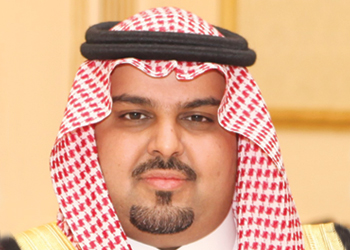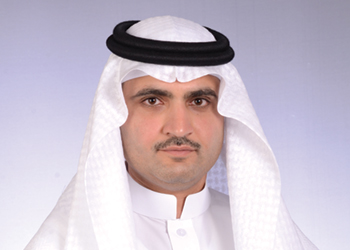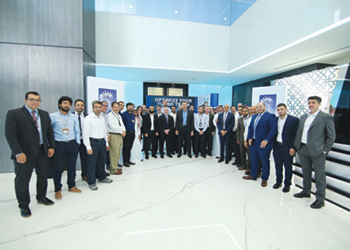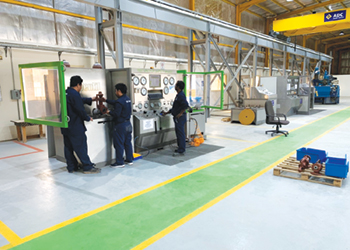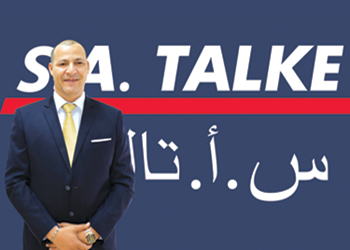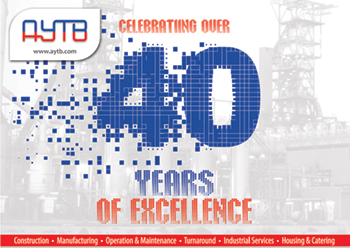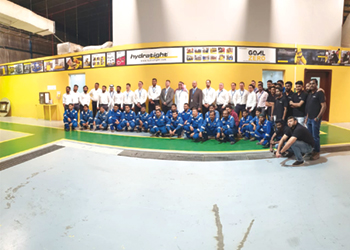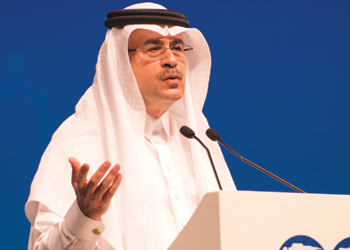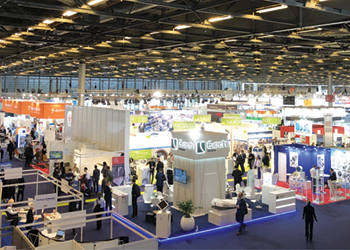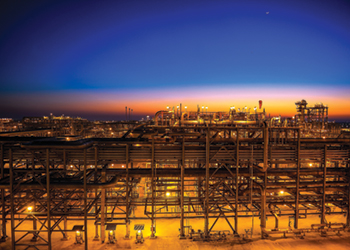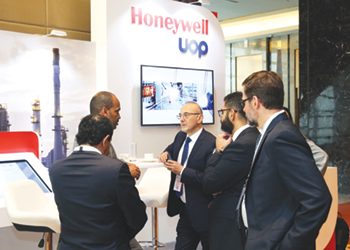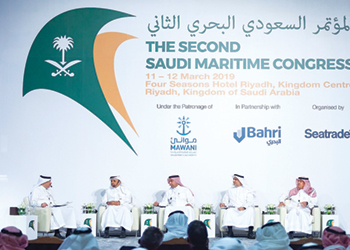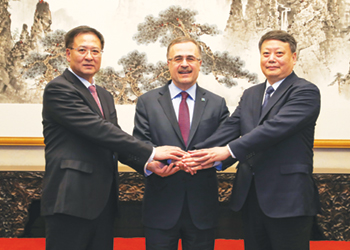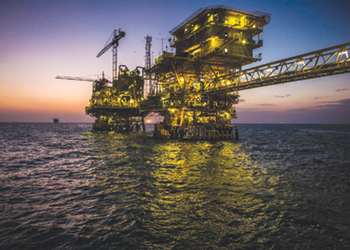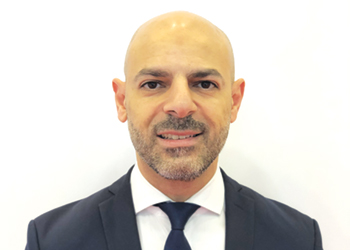
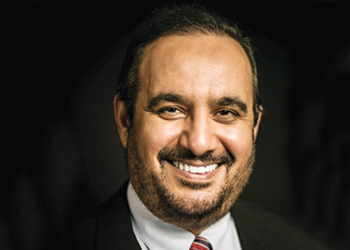 Judaimi ... seeing potential to grow in the US
Judaimi ... seeing potential to grow in the US
Saudi officials remain adamant that even with their focus on Asia, they still see the US as a promising market, with plans to boost refining capacity there
Strained political relations with the US have not dampened Saudi Aramco’s plans to expand its Port Arthur, Texas, refinery and seek further acquisitions, according to a top official with the Saudi state oil company, who says the US remains a core strategic focus.
"When you look at markets in the US, we look at the potential to grow," Abdulaziz Al Judaimi, Saudi Aramco’s senior vice president for downstream, says in a recent interview. "Our business relationship within the US market has been long. We’ve been a very reliable supplier to the US market."
Through its Motiva Enterprises LLC subsidiary, Aramco owns the largest US refinery — the 603,000-barrel-per-day Port Arthur plant — and is in the early stages of an ambitious $6.6 billion petrochemicals expansion there. Beyond Motiva, Saudi Energy Minister Khalid Al Falih has said Aramco is on the lookout for natural gas assets, having been linked to potential stakes in US LNG companies Tellurian Inc. and Sempra Energy.
The strained ties have played a factor in Saudi Arabia’s pivot toward Asia. Crown prince Mohammed bin Salman recently concluded a tour of Pakistan, India and China, with several multibillion-dollar refinery and petrochemical deals announced.
The projects are seen as key to securing outlets for Saudi crude in demand-growing Asia at a time when booming shale oil output has decreased US reliance on Middle East supplies. Saudi Aramco aims to eventually expand its global refining footprint to between 8 mbpd and 10 mbpd from about 5.4 mbpd currently. Of the planned total capacity, about half is slated for Asia.
"Given that US is increasing its production, eventually demand for Saudi oil in US could be limited to the specific oil grades that it cannot produce and we are already seeing that American imports of Saudi oil has been declining structurally over the decades," says Mazen Al Sudairi, head of research for Riyadh-based Al-Rajhi Capital. "Thus it would make more sense for Saudi to pivot to Asia and rightfully so."
Saudi officials remain adamant that even with their focus on Asia, they still see the US as a promising market, with plans to boost refining capacity there to between 1 mbpd and 1.5 mbpd, though Judaimi declined to comment on any specific strategy for acquisitions or expansions.
"We have to be patient to see what the right deal is," he says. "We continue to assess opportunities."
Aramco got its foothold in the US refining industry in 1988 in a joint venture with Texaco that, after a series of acquisitions and mergers, led to the creation of Motiva, a 50/50 refining and marketing partnership with Royal Dutch Shell PLC.
In April 2017, the two companies parted ways, with Aramco taking full ownership of Motiva’s Port Arthur refinery and turning the facility into one of the best-performing refineries on the US Gulf Coast, according to several analysts. Judaimi says Port Arthur achieved a gross refining margin of between $13/bbl and $14/bbl in 2018, highest among Aramco’s downstream portfolio.
The company also owns a network of retail stations in the US Southeast as well as some research centers.
"Our investment in Motiva, after the separation from Shell, and adding the chemical expansion will testify to the fact that we look at the US as a market that is growing, is very profitable and has great upside," Judaimi says.
The petrochemical additions, which include a steam cracker and an aromatics complex, have a targeted commissioning of late 2022 or 2023 and are part of Aramco’s push to build out its plastics and chemicals production capabilities as the transportation fuel market matures, Judaimi says.
Commercial reasons aside, Saudi Arabia has strategic bilateral considerations for maintaining its US assets, even in a more difficult political climate. Forged in oil flows and national security concerns on both sides, ties between the two countries go back decades, and Saudi Aramco maintains a lobbying presence in Washington through subsidiary Aramco Services Co. Inc.






































































